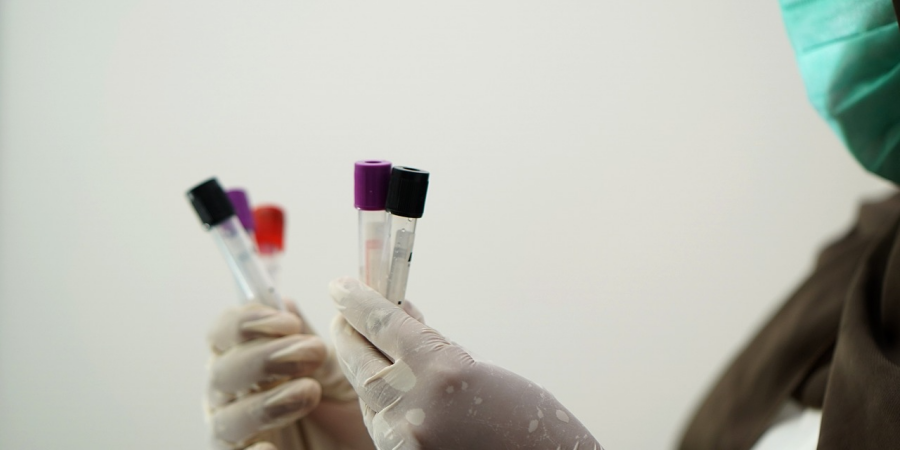

When your thyroid gland doesn't produce and release enough hormones into your bloodstream, you have hypothyroidism. Because the illness slows down your metabolism, you may experience sudden weight gain or constant fatigue. The most popular treatment for an underactive thyroid is hormone replacement therapy.
1. Exhaustion and poor vitality 2. Gaining weight without altering one's diet or level of exercise 3. chilly intolerance, which is the sensation of being abnormally chilly even in typical temperatures 4. Brittle hair or nails and dry skin 5. Loss of hair 6. Constipation 7. Weakness or cramping of the muscles 8. Stiffness or discomfort in the joints 9. Sadness or depression 10. Memory problems or trouble focussing 11. Low heart rate 12. Elevated cholesterol 13. Women who experience heavy or irregular periods 14. Vocal hoarseness 15. Face swelling, particularly around the eyes Synthetic thyroid hormones are usually used to treat hypothyroidism, which is identified by blood tests that measure thyroid hormone levels. The next course of action if you suspect hypothyroidism is to speak with a healthcare professional.

Levothyroxine, a synthetic version of thyroxine (T4), the hormone that the thyroid gland usually produces, is used in hormone replacement therapy as the main treatment for hypothyroidism. An outline of the treatment strategy is provided below:
Levothyroxine helps your body's thyroid hormone levels return to normal, which relieves hypothyroidism symptoms like weight gain, weariness, and cold sensitivity. Dosage: Individual needs, which are influenced by age, weight, and the degree of hormone insufficiency, determine dosage. Monitoring: To track TSH (thyroid-stimulating hormone) levels and modify the dosage as necessary, routine blood tests are necessary, often every six to twelve months.
For best absorption, take levothyroxine empty-handed, usually in the morning before breakfast. Steer clear of Interfering Substances: Levothyroxine absorption may be hampered by certain meals and drugs. Soy, foods high in fibre, and supplements such as calcium and iron are a few examples. Frequent Exercise: Thyroid function affects both weight and energy levels, which can be managed by maintaining an active lifestyle.

If symptoms continue, liothyronine, a synthetic T3 hormone, may be administered. However, combination therapy is less popular and is to be used only under close physician supervision. Thyroid hormones found naturally: Both T3 and T4 are present in these, which are derived from pig thyroid glands. Despite being less standardised and typically not first-line therapy, some people find these to be beneficial.
Levothyroxine by itself usually works effectively for most people. To make sure your hormone levels stay balanced and to address any side effects or lingering symptoms, it's crucial to see your doctor on a frequent basis.
